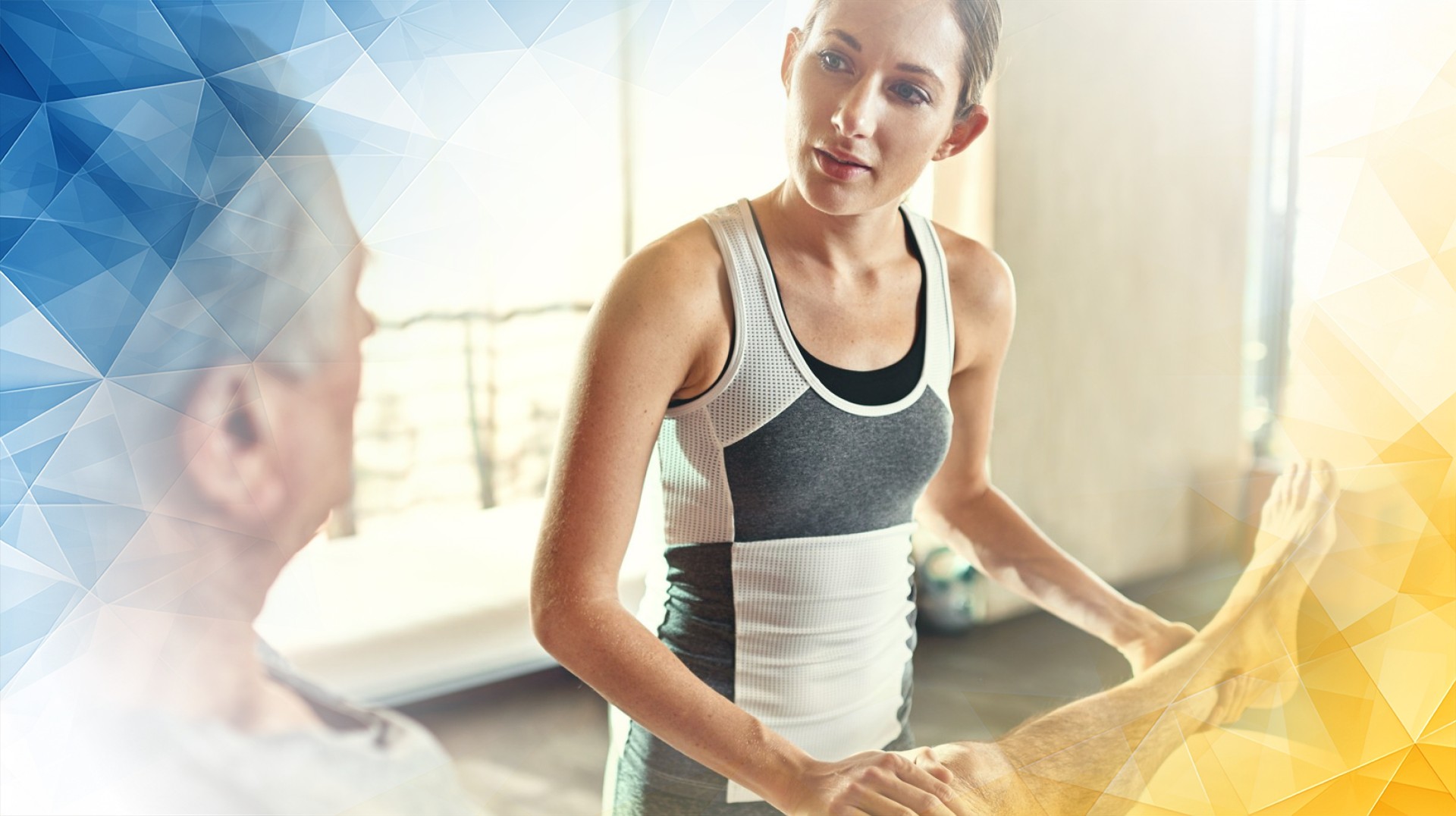



Knee pain is a familiar challenge for many runners, often interrupting training plans and draining motivation. Whether it’s a mild ache or a lingering injury , knee discomfort can have a big impact on both your running enjoyment and your long-term health. Fortunately, the latest advances in running shoe technology offer real hope. Today’s specialized running shoes, built with a keen understanding of human movement, are helping runners stay comfortable and injury -free. With the right mix of support, cushioning, and stability, these shoes are more than just gear—they’re powerful tools for protecting your knees .
Knee pain in runners has many causes, but the shoes you wear play a surprisingly significant role. Studies show that footwear without enough shock absorption and support increases the amount of stress placed on your knees with every step. If your feet don’t land and roll naturally—a problem known as overpronation or supination—it can throw off the alignment of your knees , resulting in extra strain and potential injury. In short, wearing the wrong shoes can turn an enjoyable run into a painful experience. Understanding how shoe design affects knee health is the first step toward a more comfortable running journey.
Specialized running shoes are purpose-built to tackle these common issues. They use advanced cushioning materials that effectively absorb impact, reducing the jolt your knees take with each stride. Arch support is customized to your foot shape, keeping your knees moving along their natural track. Flexible soles allow your feet to move naturally, which relieves unnecessary tension on the joints and ligaments around the knees. Features like reinforced midsoles and sturdy heel counters further enhance stability, helping you maintain good balance and reducing the risk of injury . Together, these elements work in harmony to protect your knees and boost overall running comfort.
Recent research supports this approach: shoes designed to reduce knee instability can improve gait, reduce pain, and enhance quality of life in people with knee osteoarthritis (Nakano et al., 2020).
Scientific studies provide solid evidence for the benefits of smart running shoe design. For instance, one study found that running in “negative heel” shoes—shoes where the heel is lower than the ball of the foot—reduced stress on a key knee joint in runners who experience patellofemoral pain. This could help prevent further knee issues and may lead to real pain relief (Kanatani et al., 2024).
Another study looked at people with knee osteoarthritis and showed that wearing stability-focused shoes led to clear improvements in walking speed, stride, knee pain, and overall knee health (Nakano et al., 2020).
Footwear can also influence injury risk elsewhere. Research has found that minimalist shoes, which offer less cushioning and support, shift mechanical work away from the knee and toward the ankle during fast running. While this may ease strain on your knees , it might increase the risk of ankle or calf injuries if you’re not careful (Fuller et al., 2016).
Picking the right running shoes can make all the difference when it comes to managing and preventing knee pain. Here are a few features to look for:
Selecting shoes that fit your individual biomechanics is key for comfortable, enjoyable running—and keeping knee pain at bay. With the right pair under your feet, you can focus on what really matters: experiencing the freedom of running and all the physical and mental benefits it brings.
Kanatani, Y., Zheng, Z., Zeng, Q., Yang, C., Song, Y., & Wan, X. (2024). Acute effects of negative heel shoes on perceived pain and knee biomechanical characteristics of runners with patellofemoral pain. Journal of Foot and Ankle Research, 17(1). https://doi.org/10.1002/jfa2.12001
Fuller, J. T., Buckley, J. D., Tsiros, M. D., Brown, N. A. T., & Thewlis, D. (2016). Redistribution of mechanical work at the knee and ankle joints during fast running in minimalist shoes. Journal of Athletic Training, 51(10), 806-812. https://doi.org/10.4085/1062-6050-51.12.05
Nakano, H., Murata, S., Kai, Y., Abiko, T., Matsuo, D., Kawaguchi, M., Matsumoto, T., Yoshiura, Y., & Sumi, M. (2020). Effect of shoes reducing varus instability of the knee on gait parameters, knee pain, and health-related quality of life in females with medial knee osteoarthritis. Topics in Geriatric Rehabilitation, 36(2), 110-115. https://doi.org/10.1097/tgr.0000000000000265
All our treatments are selected to help patients achieve the best possible outcomes and return to the quality of life they deserve. Get in touch if you have any questions.
At London Cartilage Clinic, we are constantly staying up-to-date on the latest treatment options for knee injuries and ongoing knee health issues. As a result, our patients have access to the best equipment, techniques, and expertise in the field, whether it’s for cartilage repair, regeneration, or replacement.
For the best in patient care and cartilage knowledge, contact London Cartilage Clinic today.
At London Cartilage Clinic, our team has spent years gaining an in-depth understanding of human biology and the skills necessary to provide a wide range of cartilage treatments. It’s our mission to administer comprehensive care through innovative solutions targeted at key areas, including cartilage injuries. During an initial consultation, one of our medical professionals will establish which path forward is best for you.
Contact us if you have any questions about the various treatment methods on offer.
Legal & Medical Disclaimer
This article is written by an independent contributor and reflects their own views and experience, not necessarily those of londoncartilage.com. It is provided for general information and education only and does not constitute medical advice, diagnosis, or treatment.
Always seek personalised advice from a qualified healthcare professional before making decisions about your health. londoncartilage.com accepts no responsibility for errors, omissions, third-party content, or any loss, damage, or injury arising from reliance on this material. If you believe this article contains inaccurate or infringing content, please contact us at [email protected].